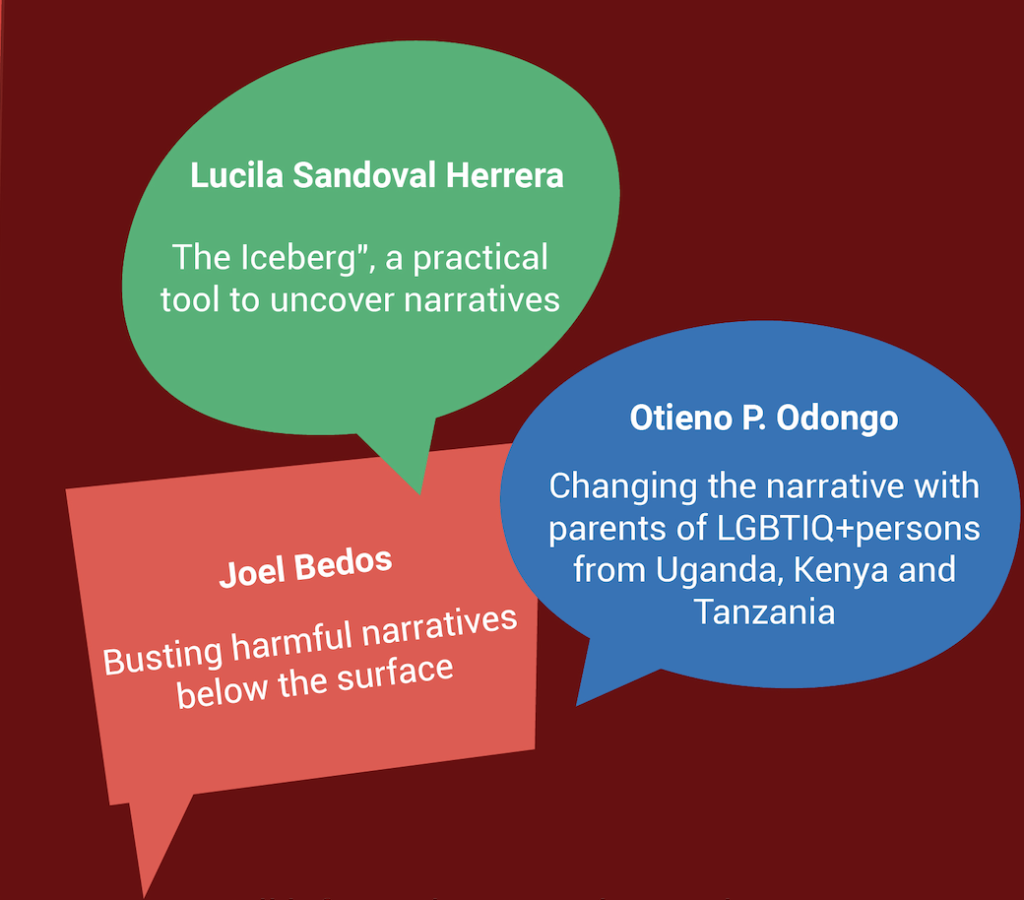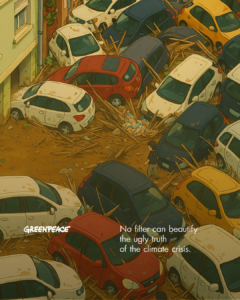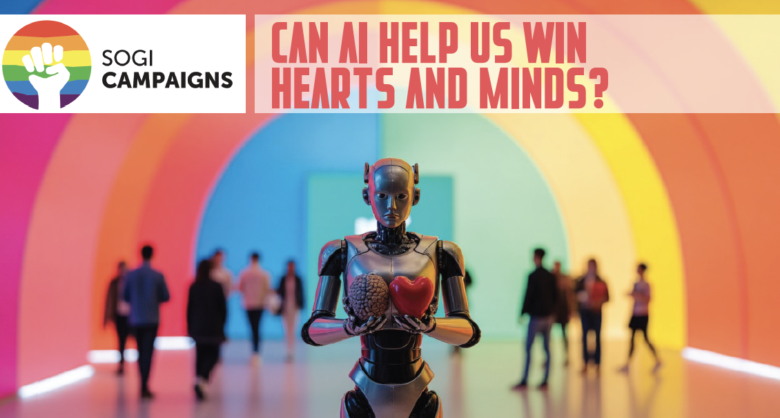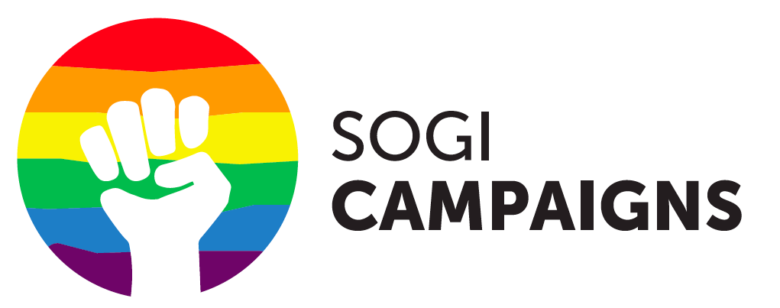Webinar: Defeating anti-Trans attacks: A narrative strategy
Ultra conservative movements around the world are using anti-Trans rhetoric as part of a broader attempt to seize power and take away our freedoms.
How can we fight back, harnessing the power of narratives that unite us across gender, race and class?
A wide research project in the USA has investigated this, and suggests very interesting indications of what to say…and what not!
Jay Marcellus, Director of narratives at ASO Communications and former Director of Communication at the US Transgender Law Center, will share these insights and the methodology that was involved, and will lead a Q&A session on narrative research.
Join us on June 3, at 15:00 Universal Coordinated Time
Register here






















